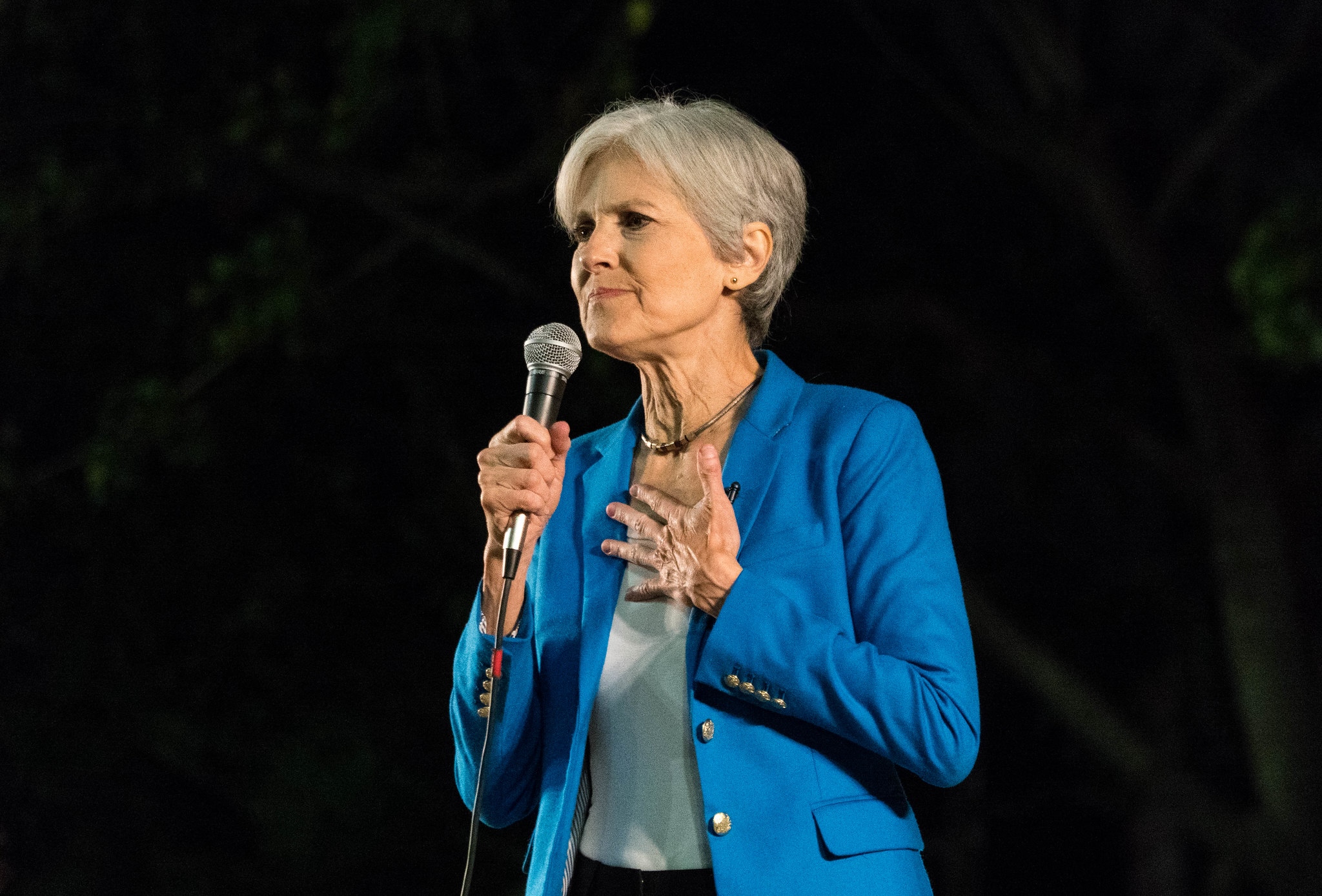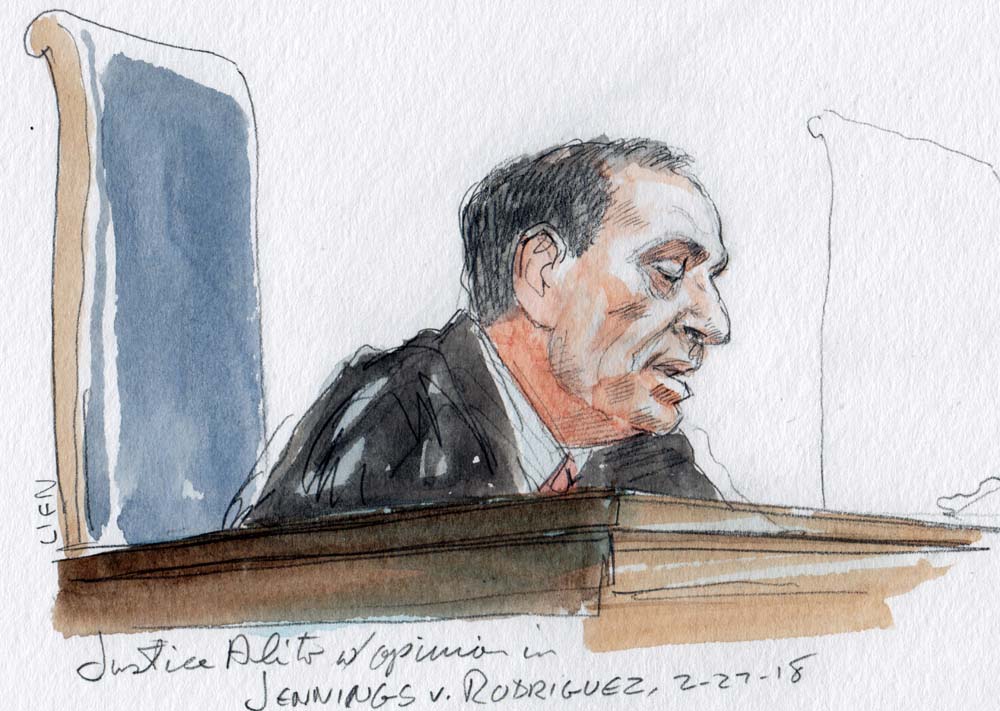Supreme Court rejects Green Party’s bid to appear on the 2024 Nevada ballot
EMERGENCY DOCKET
The Supreme Court left in place the ruling of the Nevada Supreme Court which keeps The Green Party asked the justices to overturn the ruling while they appealed the decision, but the justices refused to CNN’s polling from earlier this month showed that Stein received just 2% of votes in Arizona, and 1% in other Stein’s absence on the Nevada ballot was hotly debated. The Green Party had to collect just over 10,000 valid signatures under Nevada law to be on the ballot in the 2024 general elections The petitions that contain the signatures must also include an affidavit signed by the person who circulated them Nevada law requires that minor political parties seeking ballot access include an affidavit that includes an attestation from the The secretary of state sent the Green Party a sample petition with the wrong affidavit. This was to be The Nevada Democratic Party took the Green Party to court in June, claiming that the signatures submitted were invalid because they had used It concluded that the attestation that the Green Party had failed to include “serves an essential purpose.” Therefore, the majority reasoned, allowing the Green Party to have its candidates on the ballot when it had not fulfilled all of the prerequisites to do so would nullify “the requirements that were put in place for the public’s benefit.”
This is true, the majority emphasized, even if the secretary of state’s office made a mistake when it sent the Green Party the sample petition and affidavit. Despite that error, the majority insisted, the Green Party “still had a duty to comply with the legal requirements” for affidavits.
The Nevada Green Party came to the U.S. Supreme Court on Sept. 13. Telling the justices that “
housands of Nevada voters who signed the petitions at issue are disenfranchised by the Nevada Supreme Court’s ruling,” it asked the justices to vacate the state supreme court’s order and reinstate the Green Party candidates.
The secretary of state, the Green Party stressed, has acknowledged both that it gave the Green Party the wrong form and directed the Green Party to use that form. The Green Party also said that the secretary of state had gone through the entire process to count and verify the signatures, without ever To bar the Green Party’s candidates from the ballot now, when the party simply followed the directions provided by the secretary of state’s office would violate the Constitution’s due process clause, which guarantees fair treatment by the government.
Excluding the Green Party from the ballot because it had failed to comply “with an ultimately meaningless formal requirement, where the state does not impose that same requirement under materially indistinguishable circumstances” – affidavits accompanying petitions to put initiatives and referenda on the ballot – would also violate the equal protection clause, the Green Party continued, which bars the government from treating people differently without a good reason. The Nevada Democratic Party and Francisco Aguilar from the Nevada Secretary of State’s Office urged the Supreme Court to up The attestation requirement is “clear” and “longstanding,” they contended, and a “civil servant’s mistake does not give rise to a due process right to be excused from” that obligation.
Aguilar and the Democrats also contended that procedural obstacles stand in the way of the Green Party’s request. Aguilar argued that there are “strict deadlines,” for printing and mailing ballots. Therefore, it is too The military and overseas ballots have to be sent by September 20, and out-of-state ballots by September 26. Aguilar invoked the Purcell principle, which states that courts should not change election rules during the period just before an Aguilar invoked the Purcell principle, the idea that courts should not change election rules during the period just before an election, and he noted that “at least one county clerk has already sent out military-overseas ballots and out-of-state mail ballots to ensure compliance with federal and state law.” Requiring county clerks to send out new ballots could create confusion and undermine public confidence in the integrity of the election, he posited, while ballots for registered voters in the state are already being printed.
The justices on Friday did not indicate whether they had taken the Purcell principle into account in this case, but it has played a major role in previous election decisions from this court, particularly on the emergency docket.
Aguilar and the Nevada Democrats also faulted the Green Party for what they characterized as its own role in delaying the process. Even though time was short, they observed, the Green Party delayed its initial response to the Democrats’ challenge, sought a delay in its hearing in the trial court, and waited a week after the Nevada Supreme Court’s ruling before coming to the justices.
This article was originally published at Howe on the Court.






